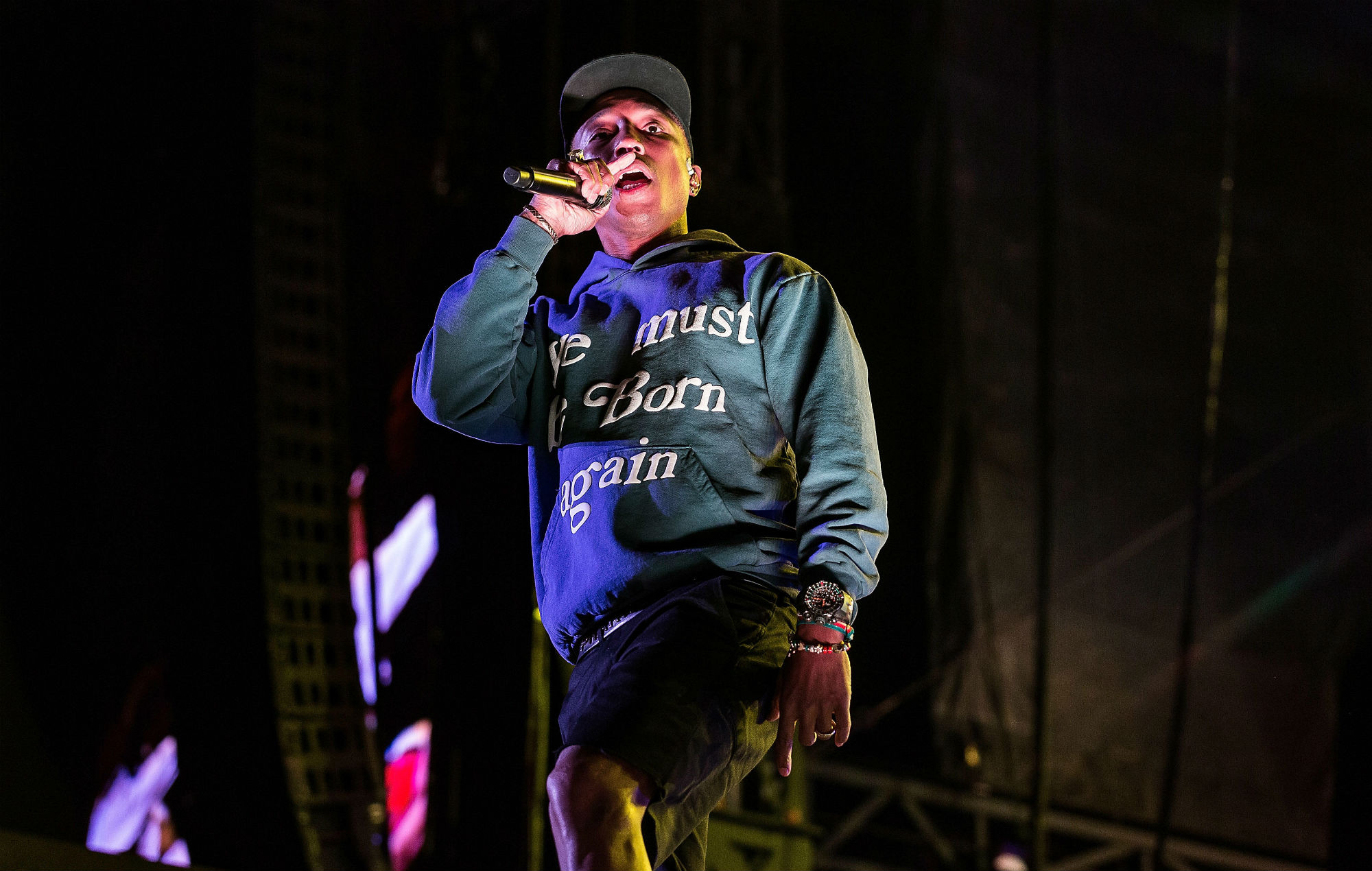NME Music News, Reviews, Videos, Galleries, Tickets and Blogs | NME.COM

Usually, the winner of the Hyundai Mercury Prize is announced at a lavish awards ceremony after a night of performances from all of the nominees. It’s a big celebration of the last year in music where creativity and art are rewarded over commercial achievements. Like everything else in 2020, though, the show was forced to react and adapt to the current pandemic and find a new way to announce its victor.
So it was that last night (September 24), Michael Kiwanuka was named as the recipient of this year’s Hyundai Mercury Prize feet away from The One Show’s lime green sofas. The magazine show is far from the coolest programme on TV – although it’s hard to think of one BBC show that could both naturally unveil the winner and be considered truly edgy – but its peak slot does carry on one of the ceremony’s traditions – exposing whoever walks away with the trophy to a new, much larger audience than they had before.
This year’s shortlist was full of albums that would have felt like apt choices for representing 2020. Charli XCX’s ‘How I’m Feeling Now’ was written in response to the coronavirus pandemic, created entirely during lockdown in LA. Dua Lipa’s ‘Future Nostalgia’ was adopted early on by large swathes of the general public as the quarantine living room disco record of choice, while Kano’s ‘Hoodies All Summer’ tackled the kind of social and racial injustices that existed well before this summer’s headlines.
It might have been released last November, but Kiwanuka’s self-titled third album is also a presciently fitting winner when it comes to reflecting the events of this year so far. Its relevance takes on many levels, including displaying the kind of self-acceptance we all need in these harsh days. Speaking to NME just after his win, the musician described the record as one that had seen him “growing into myself and just accepting myself and who I am”. When the world is so dark and scary, being kind to yourself is more important than ever. ‘Kiwanuka’ is full of moments where its creator embraces his existence, not least on the album cover itself, which depicts him as a King – regal, proud and thriving.
Most obviously, though, ‘Kiwanuka’ calls out to some of this year’s most turbulent, tragic moments, namely the continued slaying of Black people at the hands of authority figures and the racial injustices and prejudices that club together to allow these killings to pass by unpunished. ‘Hero’ addresses the issue directly, albeit from the historical standpoint of civil rights activist and Black Panther Fred Hampton, who was murdered by police in 1969. “Please don’t shoot me down/I loved you like a brother,” he urges over ‘60s-tinged psych-rock. “It’s on the news again/I guess they killed another.” That last line, in particular, feels all too familiar and has continued to do so, even since the murder of George Floyd led to the renewed focus and attention on the Black Lives Matter movement.
Elsewhere on the record, Kiwanuka uses samples to remind the world both of the ways Black people are perceived by their white neighbours and of the much kinder viewpoint that should be the standard. “And for the first time the community was confronted with negroes in places they have never been,” reads out a newsreader on the otherwise-instrumental ‘Another Human Being’. After the sound of a gunshot, another voice recorded at a peaceful sit-in in segregated restaurants in the ‘50s follows. This time, their words present “the idea that here sits beside me” as “another human being”.
One of the record’s recurring themes is celebrating your identity and culture, customs and selfhood of those who’ve come before you, regardless of what the world throws at you. It’s a resilient listen, Kiwanuka refuses to “blame myself” on opener ‘You Ain’t The Problem’s rich soul. On ‘Hero (Intro)’, he references a time when he was told by industry figures a different moniker would bring him more success, asserting: “I won’t change my name/No matter what they call me.”
‘Kiwanuka’ is an album that uses the warmth and familiarity of sounds spanning jazz, psych, soul and pop to draw us in, before wrapping us up in its messages of humanity and acceptance, strength and courage. It might not be the only Hyundai Mercury Prize shortlisted album to reflect the times we’re going through right now, but it does so in a way that’s both comforting and urgent, offering support as it encourages you to fight for what’s right. How often can you say that message is being subtly spread on one of the BBC’s safe, primetime shows?
The post Hyundai Mercury Prize 2020: Michael Kiwanuka is a perfect, timely winner appeared first on NME Music News, Reviews, Videos, Galleries, Tickets and Blogs | NME.COM.








